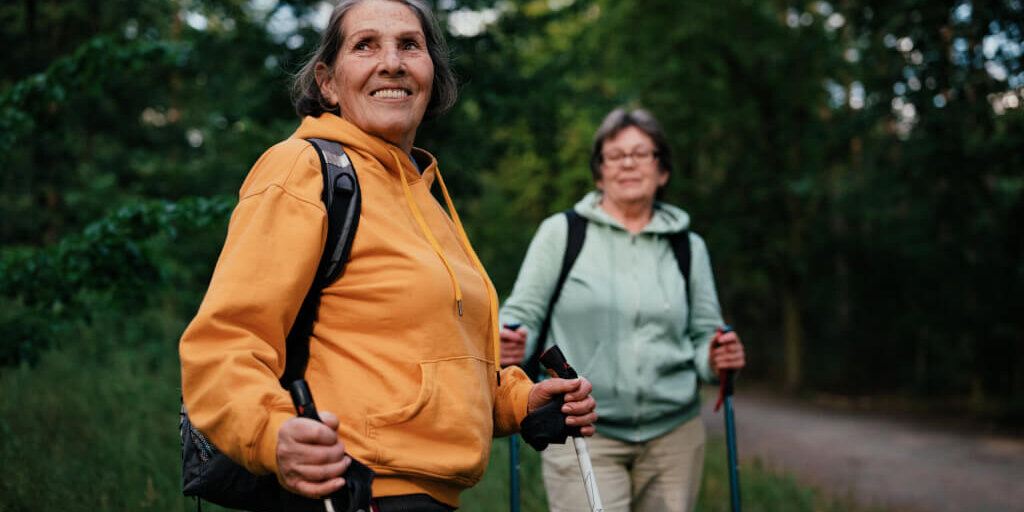5 Habits for Healthy, Pain-Free Joints
How do you feel when you wake up in the morning? Do you jump out of bed ready to take on the day, or do you feel stiff and slow-moving? If the latter sounds familiar, your joints may be trying to tell you something.
Joints are found wherever two bones meet, allowing movement throughout the body. Healthy joints are cushioned by cartilage and lubricated with synovial fluid, which helps reduce friction and support smooth motion. Joint discomfort is often caused by overexertion and becomes more common as we age.
Because joint health directly affects mobility, comfort, and independence, caring for your joints is essential to overall wellness.
Why Joint Health Matters
When joints are uncomfortable or inflamed, everyday activities can become challenging. Joint discomfort can interfere with exercise, limit time spent with family, and make simple daily tasks more difficult. Supporting joint health early—and consistently—can help preserve mobility and quality of life over time.
5 Habits That Support Lifelong Joint Health
1. Stay Physically Active
Regular physical activity is one of the most important ways to keep joints healthy. Movement helps nourish cartilage and maintain joint flexibility. Activities such as walking, running, golf, and tennis all promote joint motion. If you already experience joint discomfort, low-impact options like swimming or cycling may be more comfortable while still offering benefits.
2. Build and Maintain Strong Muscles
Strong muscles help stabilize and protect joints, reducing unnecessary strain. Resistance training can help preserve muscle mass as you age, which is especially important because muscle naturally declines over time. Adequate protein intake is also essential, as protein needs tend to increase after age 60.
3. Maintain a Healthy Weight
Carrying excess body weight increases stress on weight-bearing joints, especially the knees. The Arthritis Foundation notes that every extra pound of body weight places about four pounds of additional pressure on the knees when walking. Losing even a small amount of weight can significantly reduce joint stress and improve comfort, particularly during activities like climbing stairs.
4. Use Ice to Manage Overuse
After intense activity or overexertion, applying ice can help reduce inflammation and soothe joint discomfort. Ice works best when used for 15–20 minutes at a time and can be repeated every hour as needed. This simple habit can be especially helpful after exercise or long periods of physical activity.
5. Support Joints with Targeted Nutrition
Nutrition plays a key role in joint health. Several natural ingredients have been studied for their ability to support joint comfort and cartilage health:
-
Glucosamine hydrochloride helps maintain cartilage, which naturally contains high levels of glucosamine
-
Boswellia serrata, particularly extracts containing AKBA, has been shown to support joint comfort in clinical studies
-
Omega-3 fatty acids from fish or fish oil supplements are widely studied and supported for joint comfort and inflammation management
Consuming fatty fish two times per week or supplementing with 1,000–3,000 mg of high-quality fish oil daily may provide benefits.
Support Your Joints for the Long Run
Your joints are designed to last a lifetime, and their health is closely connected to your overall well-being. By staying active, strengthening muscles, managing weight, using recovery tools like ice, and supporting your body with proper nutrition, you can help keep your joints moving comfortably for years to come.






